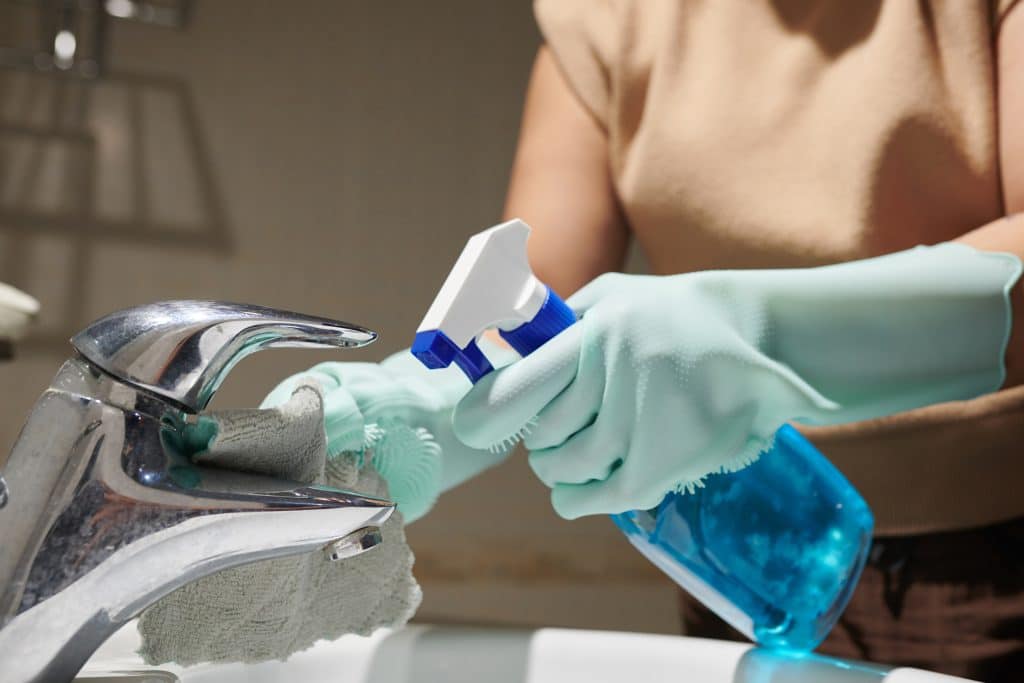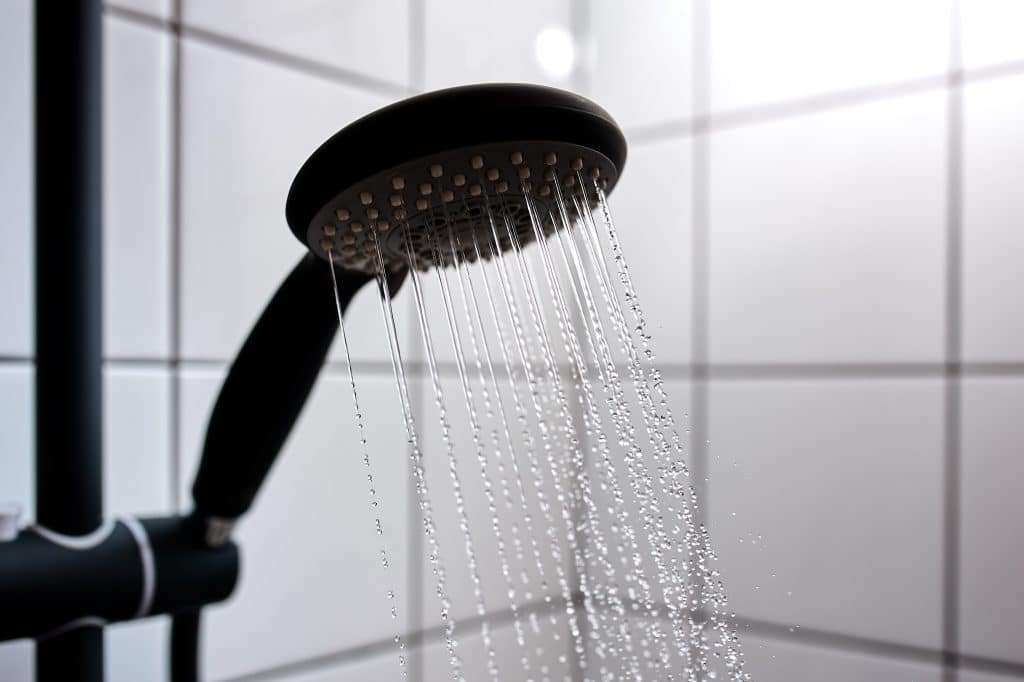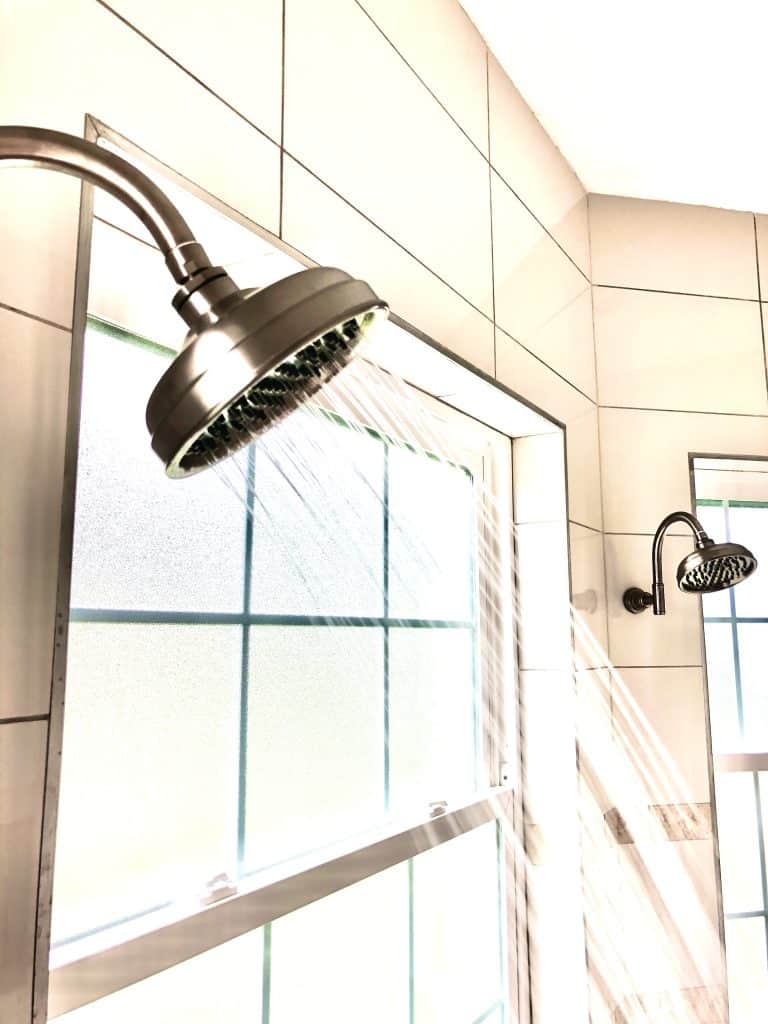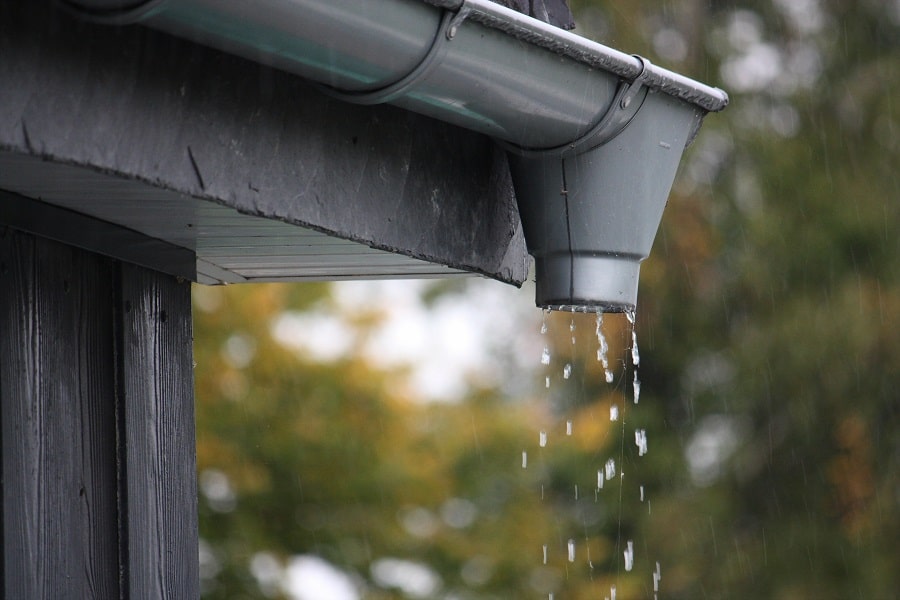Hard water is a common issue affecting households in various regions worldwide. It consists of an excessive amount of minerals, such as calcium and magnesium, which can cause a variety of problems for appliances, plumbing, and personal health. In this post, you will get a look into the science behind hard water, explore the damages it can cause, and provide solutions to mitigate its negative effects on your home and well-being.
The Science Behind Hard Water

Hard water is characterized by high levels of dissolved minerals, predominantly calcium and magnesium. These minerals originate from rock and soil, and as water moves through the ground, it picks up these minerals, which then dissolve and become part of the water supply. The degree of water hardness varies depending on the geological makeup of a region, with some areas having significantly harder water than others.
The formation of hard water is a natural process that occurs as water interacts with its surrounding environment. Several factors contribute to its presence in water supply systems, such as the type of rock and soil in a region, the age of water infrastructure, and the treatment processes employed by water utilities. Understanding the science behind hard water is crucial to recognizing the damage it can cause and finding appropriate solutions to address its effects.
Identifying The Damage Hard Water Can Cause
As you learn about the various damages hard water can cause, you will examine its impact on appliances and plumbing, skin and hair, clothing and fabrics, as well as its economic and health consequences. By becoming aware of these issues, you can take the necessary steps to protect your home and health from the detrimental effects of hard water.
Effects On Appliances And Plumbing

One of the most damaging effects of hard water is it often leads to the buildup of scale or mineral deposits in appliances such as water heaters, dishwashers, and washing machines. This buildup reduces the efficiency of these appliances, shortens their lifespan, and increases energy consumption. In turn, this results in higher utility bills and the need for frequent appliance replacements.
The damage hard water can cause to pipes is another significant concern. Mineral deposits in pipes can lead to blockages, reduced water flow, and increased pressure. Over time, this can result in leaks, corrosion, and the need for expensive plumbing repairs. By addressing hard water issues, you can protect your home’s plumbing and appliances from costly damage.
Impact On Skin And Hair

Hard water can also have several adverse effects on your skin and hair. The minerals present in hard water can cause skin dryness, irritation, and exacerbate existing skin conditions such as eczema. Furthermore, regular exposure to hard water can strip the skin of its natural oils, leading to a compromised skin barrier and increased sensitivity.
When it comes to hair, hard water can leave it feeling dull, lifeless, and more susceptible to damage. The minerals in hard water can create a buildup on the hair shaft, making it difficult for shampoos and conditioners to work effectively. As a result, hair can become brittle, frizzy, and prone to breakage. So if you’ve been experiencing any of these issues with your hair or skin, it is worth looking into the water hardness in your home.
Damage To Clothes And Fabrics

While not as damaging as some of the other concerns on this list, it is worth mentioning that hard water may reduce the effectiveness of detergents and contribute to the wear and tear of clothing. The minerals present in hard water can react with detergents, forming a residue that is difficult to rinse out. This residue can cause clothing to feel stiff, look dull, and wear out more quickly.
Additionally, hard water can cause fading and staining on fabrics. Over time, mineral deposits can build up on fabric fibers, leading to a yellowish or grayish hue. This can be particularly noticeable in light-colored clothing and linens. By addressing hard water issues, you can protect your clothing and fabrics from premature wear and discoloration, ensuring they stay fresh and vibrant for longer.
Economic Consequences

The financial implications of hard water damage can be significant. Increased energy consumption due to reduced appliance efficiency, frequent appliance replacements, and plumbing repairs all contribute to higher overall household expenses. Furthermore, the need to use more detergents, soaps, and shampoos to counteract the effects of hard water can also add to your costs.
In the long run, failing to address hard water problems can lead to a considerable financial burden on homeowners. By investing in solutions to combat hard water, you can save money and protect the value of your property.
Health Concerns

While hard water is not typically considered dangerous to consume, it can pose certain health risks. Regular consumption of hard water can contribute to the development of kidney stones and other urinary tract issues due to the high mineral content. These conditions can be painful and may require medical intervention.
Additionally, the presence of heavy metals in hard water, such as lead and copper, can be harmful to human health. These heavy metals can enter the water supply through corroded pipes and plumbing fixtures, potentially causing long-term health problems if ingested in large amounts. Thankfully, addressing hard water issues can help safeguard your health and the health of your family.
Solutions For Hard Water Problems

There are various methods for addressing hard water issues, ranging from simple solutions to more advanced technologies. Water softeners, filtration systems, and descaling agents can all help to mitigate the negative effects of hard water on your home and well-being.
Water softeners work by removing calcium and magnesium ions from the water and replacing them with sodium ions. This process effectively softens the water, reducing scale buildup and improving the effectiveness of detergents and soaps. Filtration systems, on the other hand, can help to remove impurities and heavy metals from your water supply, improving its overall quality. Finally, descaling agents can be used to break down and remove existing scale buildup in appliances and plumbing.
When selecting the most appropriate solution for your household, consider factors such as the severity of your hard water problem, your budget, and the specific needs of your home. By doing so, you can ensure that you choose the most effective method for addressing your hard water issues.
Be Aware Of The Damage Hard Water Can Cause!
As you can see, hard water can cause a variety of damages to your appliances, plumbing, personal health, and even your finances. By understanding the science behind hard water and becoming aware of its potential consequences, you can take the necessary steps to protect your home and well-being. Investing in appropriate solutions to mitigate the damage hard water can cause will not only improve the quality of your water supply but also save you money and safeguard your health in the long run. So don’t wait until the damages become severe; take action now to minimize the detrimental effects of hard water on your life.


